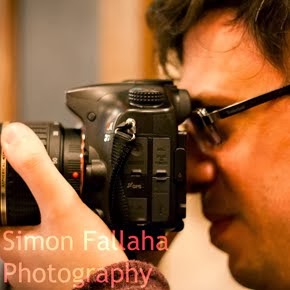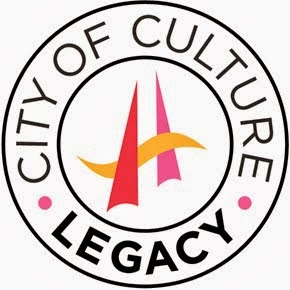A one-man rock music play achieves pointed resonance through passionate performance
A winsome one-man spin on a popular formula, Eaman Craig's EXiT, directed by Colm S. Herron, hits the spot by opening up every beat in the book of the washed up, conflicted rocker in a tried, trusted but effective manner.
As the symbolically named Jonah Walker – someone trapped in a big, bloated whale of an industry who also looks tempted to walk away from it all – Craig is the personification of relatably restrained acceptance with occasional outbursts. Walker is part flamboyant, part ruffian, defined by his unshaven, unkempt, burnt out yet white suited appearance. Like a cross between Freddie Mercury at his peak and a young, hungover Roger Daltrey.
Patiently, and worryingly, Walker pours out his heart and his thoughts to the audience on a quest to find his bearings and recover his sanity. In a quest for freedom, creatively and relatively, he initially struggles to distinguish objects from humans, talking to a Henry hoover as if it is a real person and likening past girlfriends to record companies. He is wrestling with the decision to join a record company or stay independent, and Craig delivers Walker's words with a cutting, direct precision, getting to the heart of his character's dilemma and state of mind.
The varying paths of a musician, both as a person and an artist, are concisely documented and well expressed through numerous moods, memories and musings, which you almost certainly suspect will result in new lyrics if not a new deal for the mixed-up Walker.
EXiT contains plenty of wry humour, mainly arising from Walker's mimicry of others and his mockery of what people perceive him to be. It's just one part of the frustrated pressure cooker building inside Walker, which near the end, leads to his biggest rant of all: a scathing swipe at the prominence of reality shows, where contestants' dreams amount to little more than half decent cover versions. It's common sense, of course, but Craig is so passionate that he achieves the pointed resonance that we seek and Walker is searching for.
Perhaps more, too, as Craig's mere references to these supposedly star-making shows prompt a timely and necessary warning about becoming drenched in nostalgia. Unless, that is, something is done about it. And perhaps, if Walker finds his way again, he may well be able to do something about it. At least in his own life.
Rating: **** (out of *****)
















